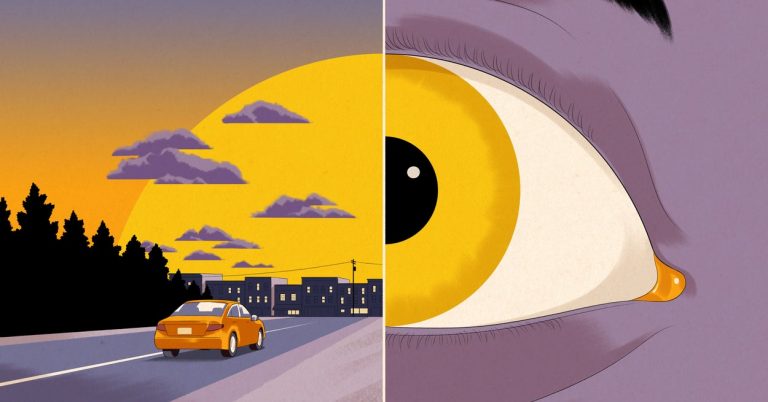The contentious matter of where to stop and what areas are accessible for Black motorists is embodied by The Negro Motorist Green Book, written by postal worker Victor Hugo Green and first published in 1936.
It was hailed as the Black travel bible and was considered a quintessential aid for Black people traveling across the US. The book would let motorists know what establishments they could expect to receive service and also issued warnings about the towns where it was dangerous for Black people to stay after sunset.
In his photo book A Parallel Road, Boston author and photographer Amani Willett examines the Black American road trip over the past 85 years and borrows from pages of The Green Book in telling that story.
“The Green Book is an amazing cultural artifact that operates both as a condemnation of the history of America and its horrific legacy of racial oppression while at the same time being a powerful document illustrating the creativity and resilience of Black Americans,” said
Willett. “The guide shows how we as a people have always found ways to navigate a system and country that is an oppressive force.”
The photography professor told BuzzFeed News how ideas around freedom and traveling had long been assumed by Americans as rights, rather than privileges, but that’s not the case for Black people.
“The Black American experience on American roadways has negated the myth of travel as an American freedom available to all. At best, Black Americans have experienced less mobility than White Americans and at worst they have been met with intimidation, fear, profiling, and physical harm or death,” said Willett.
Beyond the observations detailed in his photobook and his own research into sundown towns, Willett is cautious about dividing the country into areas where Black people can and can’t go when recent events have highlighted that racism can be found everywhere, making the reality much more sinister.
“There are certain areas of the country where Black people know they have to be more careful than others but the truth is, as we’ve seen throughout the social media era, injustices and racial profiling exist in all corners of our country,” he said.
Martinique Lewis, president of the Black Travel Alliance and creator of the new ABC Travel Greenbook, a modern-day interpretation of The Green Book, with a global focus of connecting Black travelers with touch points anywhere in the world, agrees.
“Black people are always alert, and it doesn’t matter if that’s in Miami, Vegas, or if it’s Pigsty, Alabama, you know and feel when something is not right,” she told BuzzFeed News. “The reality is we deal with racism on a daily basis in America.”
With her publication, Lewis revives the Black business aspect of the original Green Book with the intention of directing Black travel dollars their way. She also prefaces each destination with a safety assessment and encourages explorers to enjoy themselves but to also remain alert.
Lewis’s logic is that “if you can find one Black business, you will find the rest of the Black people,” and connecting with people who look like you can make all the difference to your experience.
Willett agrees that accessing a Black network is “critical” for Black travelers to understand the historical legacy of destinations and their routes in preparation for “potentially dangerous encounters.”
“I’m very in tune with my energy and sensing when I’m not welcomed in an area or a room, so it’s like certain areas, you do get that vibe and that feeling where you’re like, I probably shouldn’t be here,” Williams said.
As the Black travel blogger community begins to travel again, White believes that they represent the modern-day ambassadors for where to go and where to avoid.
“We’re the ones who test it out first, we give our reviews, and so I think we’re a really great resource, because it’s honest,” she explained. “We have nothing to lose.”
Above all else, photography professor Willett believes that it’s imperative that Black Americans continue to travel around the country in defiance of “the mechanisms of oppression and intimidation” that have been designed to restrict the movement of Black motorists. “In this way, we can demand equal participation in the pursuit of the freedom that the road and the great American road trip have supposedly offered all Americans.” ●




